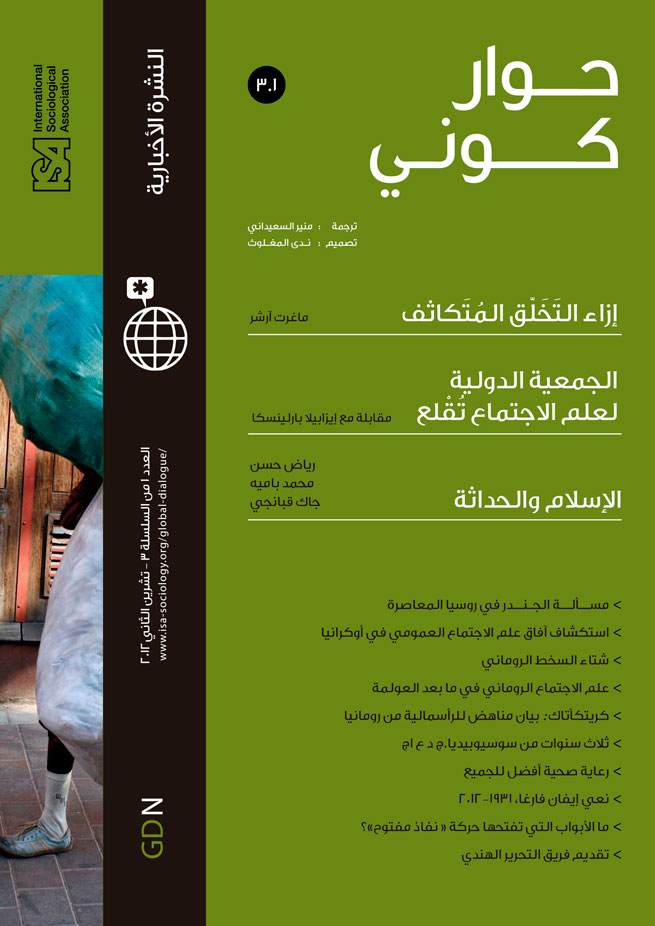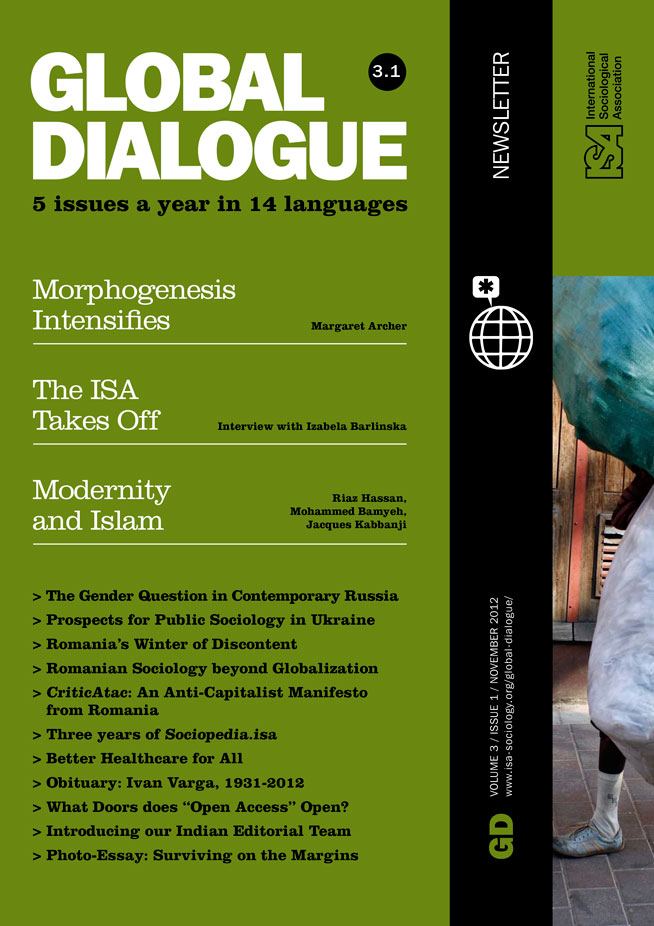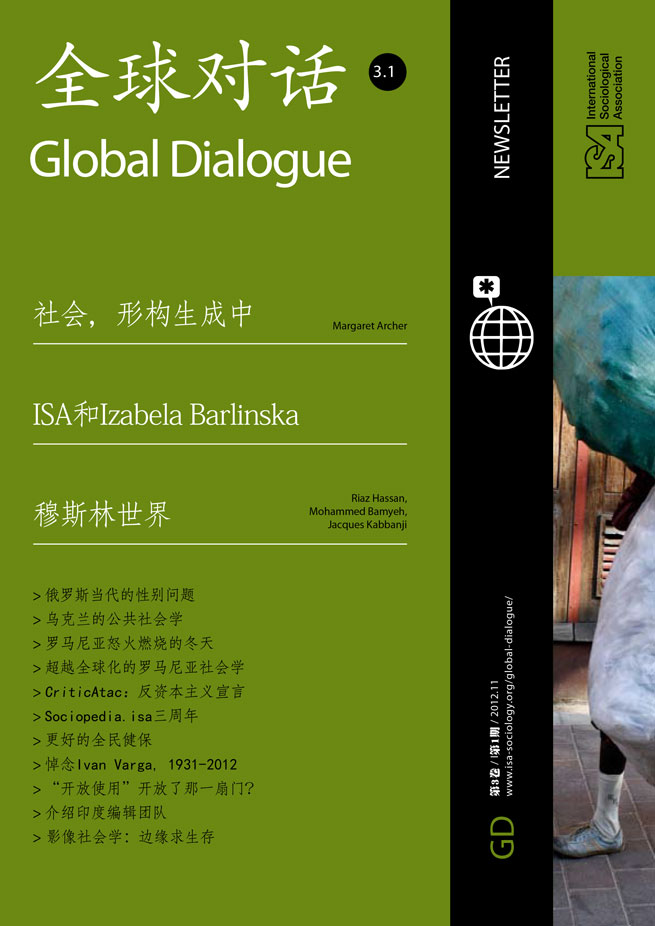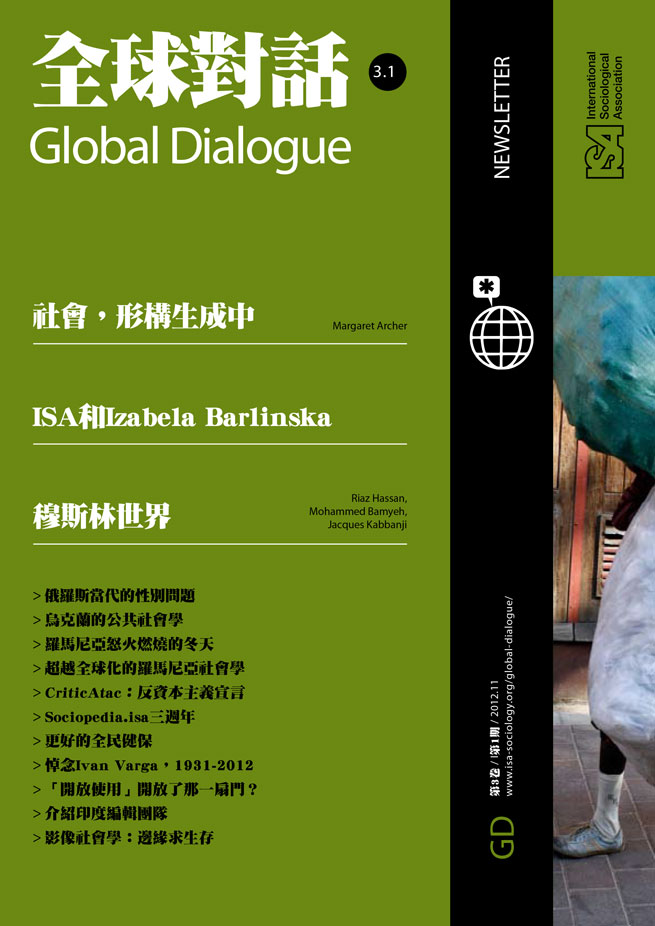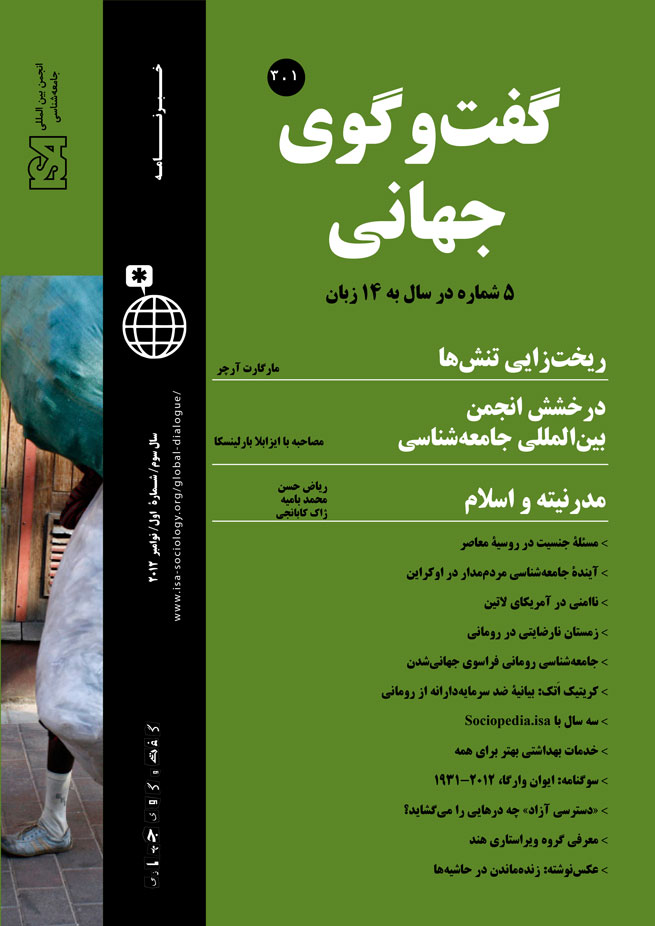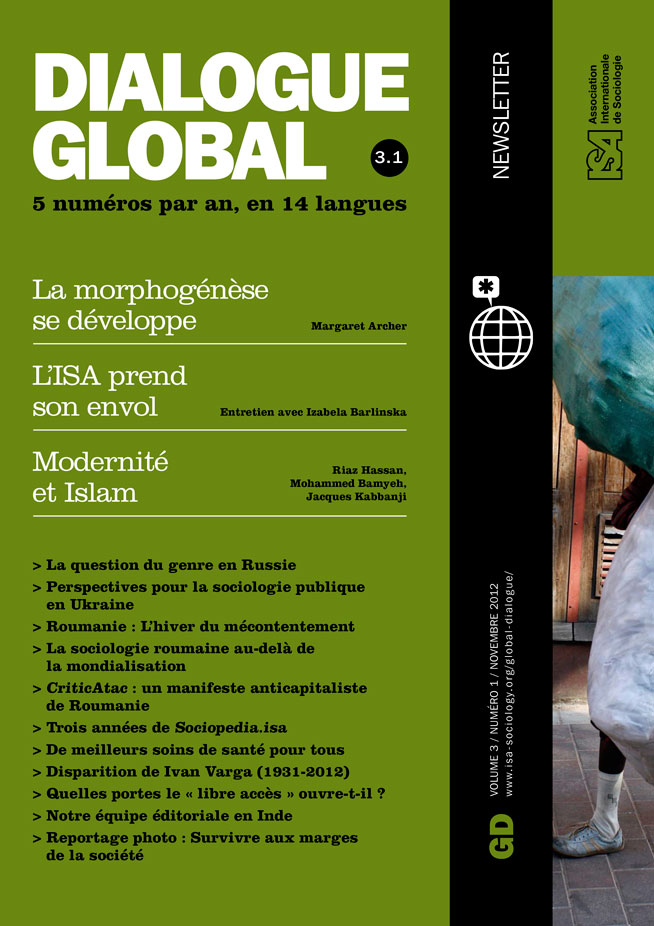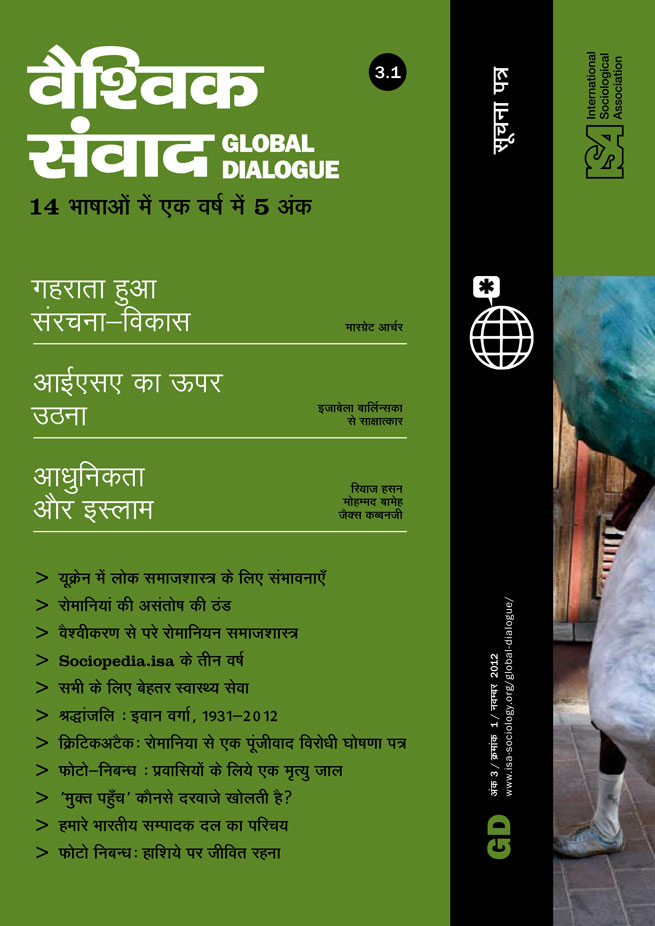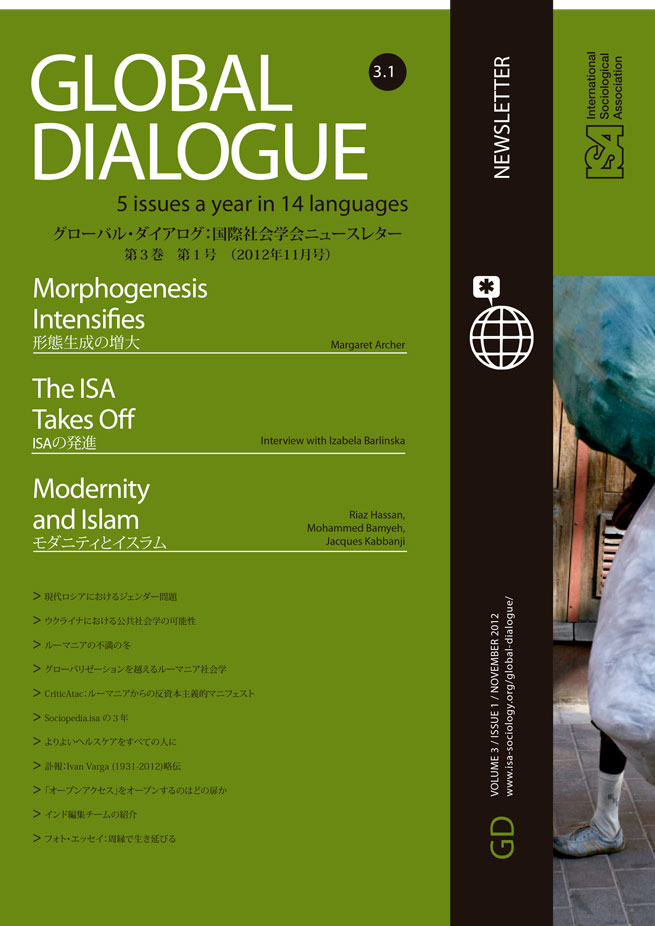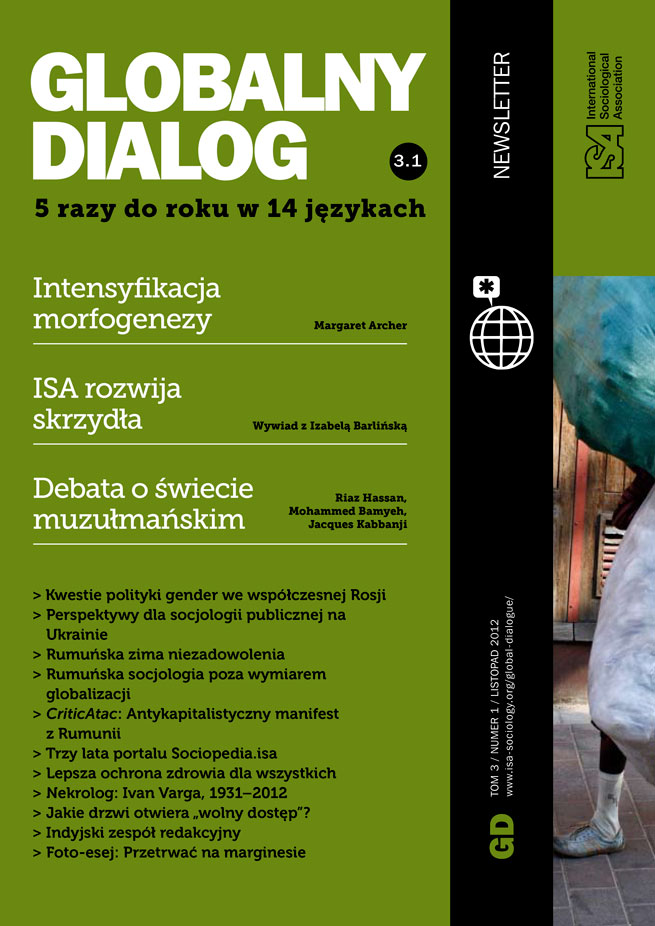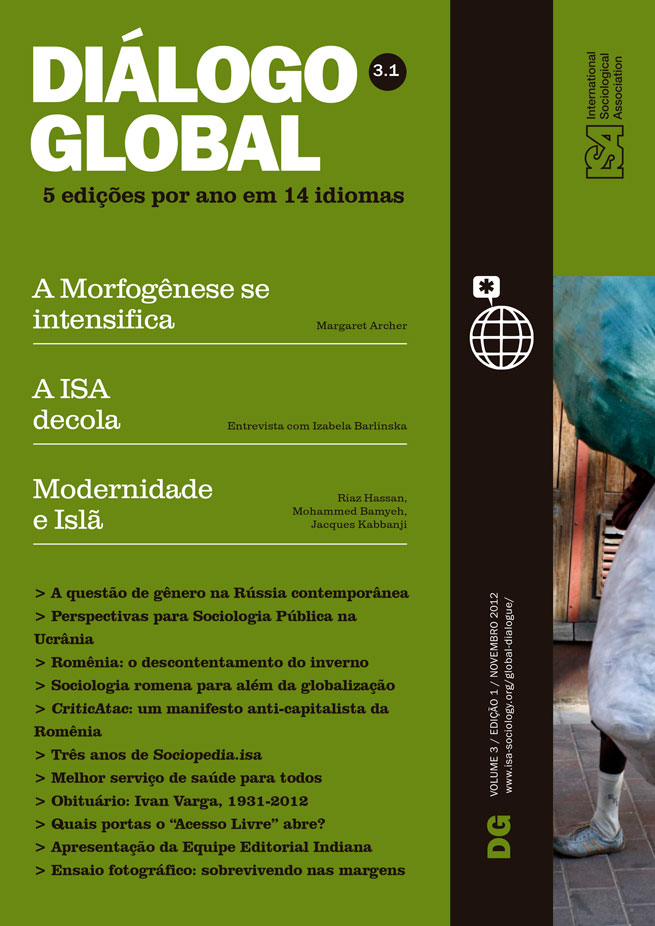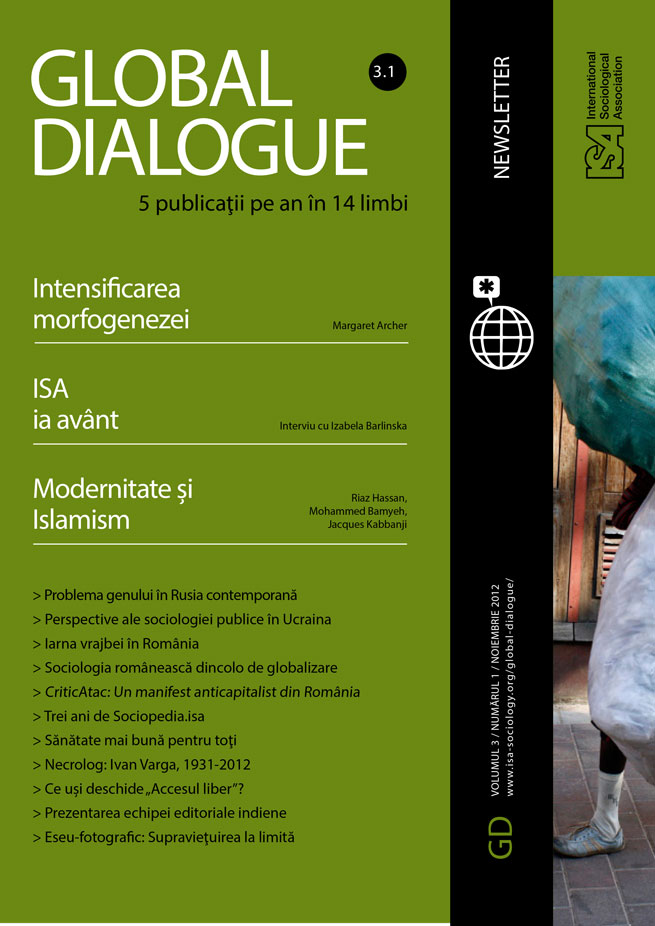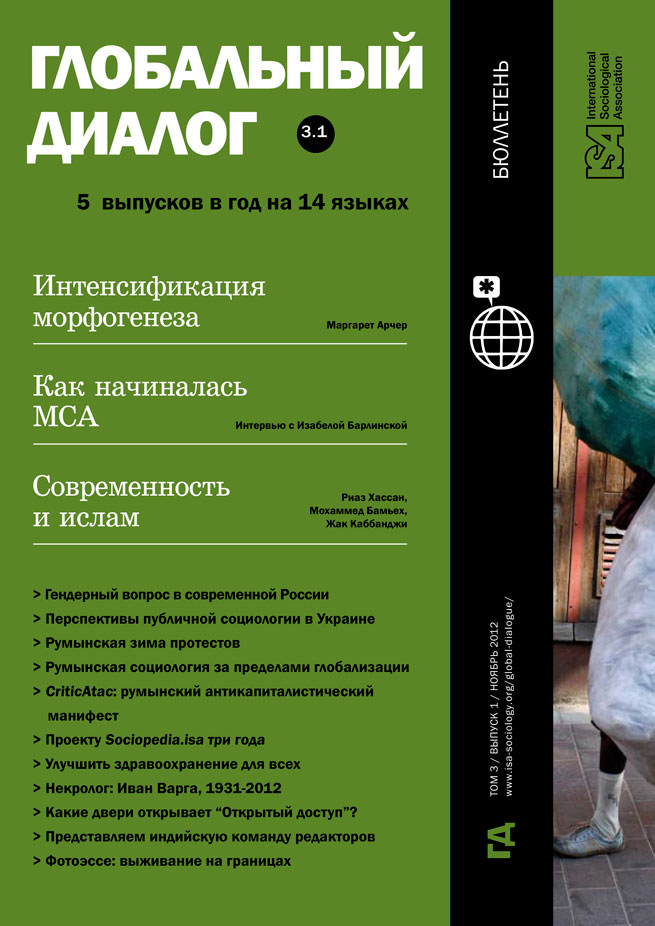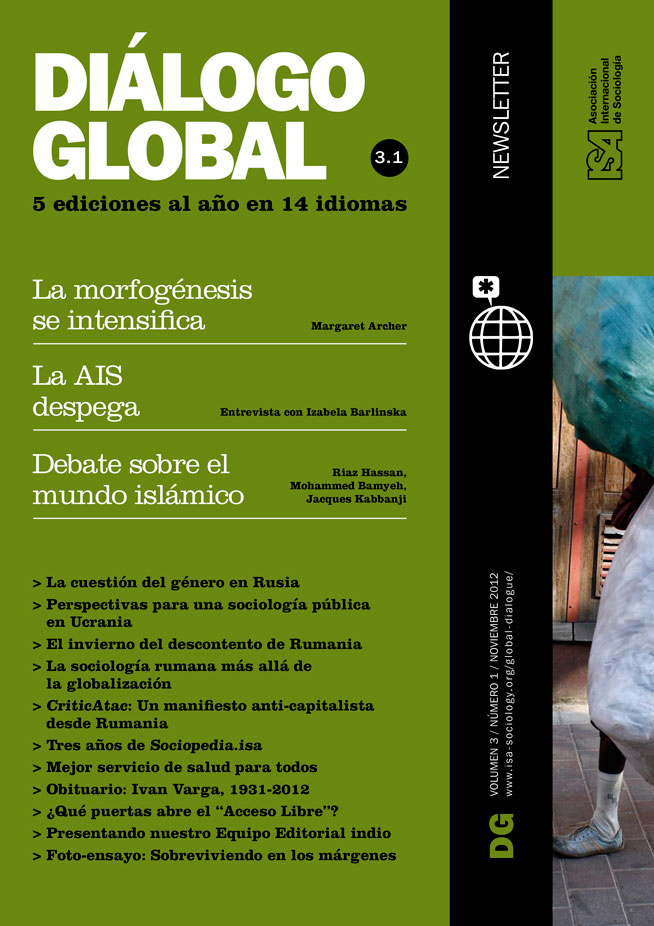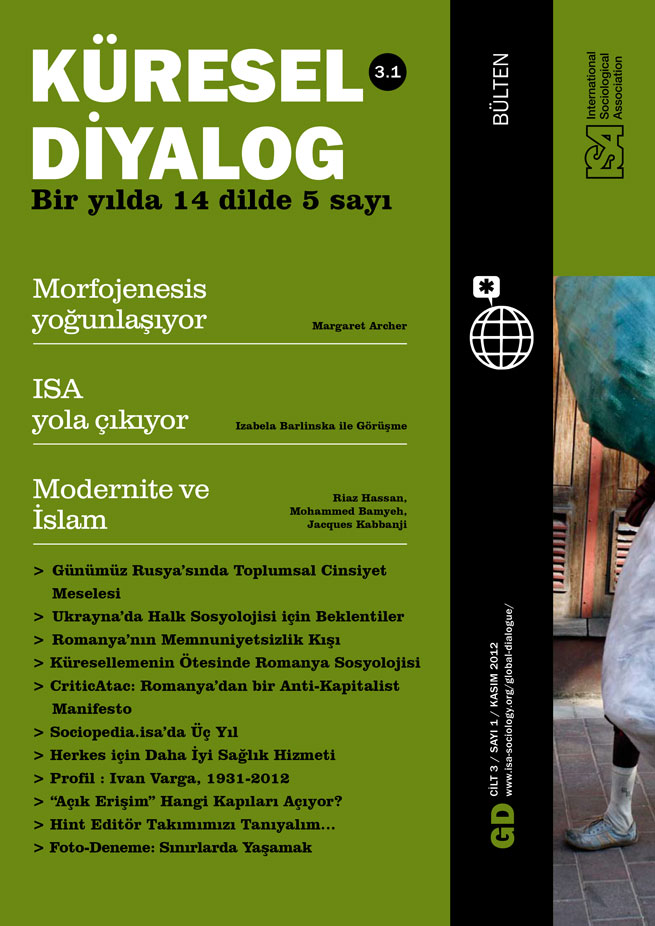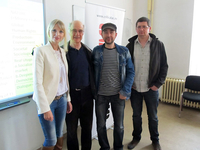Romania’s Winter of Discontent
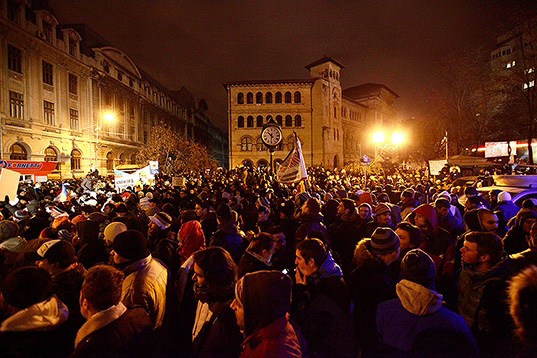
October 28, 2012
The specter of the global financial crisis was largely ignored by Romanian politicians who were busy campaigning for the general and presidential elections of 2008 and 2009. Yet, at the beginning of 2010, Romania was facing economic collapse. To avoid it, the government and President Băsescu appealed to the IMF and the European Union, who then lent money to Romania under very strict conditions. Against this backdrop, in May 2010, Romania’s center-right government adopted a series of harsh austerity measures: public sector employees’ wages were cut by 25%, some pensions were taxed, social benefits were reduced, the value added tax was increased from 19% to 24%, and thousands of state sector employees were laid off. The economic crisis, combined with the austerity measures, devastated Romania’s private sector and scared off potential foreign investors.
During this time of economic hardship, old and presumably forgotten ills resurfaced. Despite some important changes in the legal framework to combat corruption, the majority of Romanians became (again) dissatisfied with widespread corruption among politicians and state institutions. Media accounts and reports of non-governmental organizations have revealed numerous shady (and often quite outrageous) deals among national or local (elected) officials and politically connected big-time entrepreneurs (the so-called “smart guys”). In addition, private businesses renewed their public denunciations of the predatory, rent-seeking behaviors of public officials and other politicos.
In 2010 and 2011 trade unions and other civil society organizations protested against the policies of the center-right government but they failed to produce a significant mobilization of Romania’s population until the beginning of 2012. On January 2012, for more than three weeks, thousands of Romanians took to the streets in Bucharest and 50 other cities to protest against the resignation of Raed Arafat, a Palestinian-born Romanian doctor, who helped build the national Mobile Emergency Service for Resuscitation and Extrication (SMURD) – a service deemed to be an example of best practice at the European level. Dr. Arafat resigned following a televised dispute with Traian Băsescu, the President of Romania. The latter supported the adoption of a draft of a new health law, which promoted the privatization of the national medical emergency system. The protests took the former governmental coalition, the political opposition, and pundits alike by surprise as most of them believed that “the polenta does not explode.” According to The Economist (“Rioting in Romania: the battle of Bucharest”, January 16, 2012), the latter is “the gnomic phrase Romanians use to describe the attitude of resigned acceptance typical of the country.”
Raed Arafat’s resignation was the triggering event, but the protesters’ demands focused on a wide range of issues: the austerity measures adopted by the former center-right government, the ongoing economic crisis, the perceived widespread corruption among politicians, the former governmental coalition’s alleged indifference to people’s needs and hardships. Some local and foreign analysts have deemed these protests the Romanian version of the indignados movement for several reasons: First, the Romanian themes of discontent were highly diverse, ranging from pensions to health care, women’s rights to child support benefits, wages and environmental issues. Second, the Romanian demonstrations were supported by protestors from diverse social backgrounds. In Bucharest’s University Square and in other cities the crowds of protesters included retirees, college students, unemployed individuals, employees of multinational companies, football hooligans (or the so-called “ultras”), reputable university professors, feminists, supporters of extreme-right and/or populist parties, left-wing radicals, hipsters, and homeless people. Third, the main means of mobilization were the Internet, mobile phone networks, and television. Fourth, some of the themes of discontent were global or transnational in their character (e.g., environmental issues, women’s rights, IMF’s policies and the irresponsible behavior of financial institutions). Fifth, some of the themes of discontent were borrowed directly (in English) from the symbolic arsenal of the indignados and Occupy Wall Street movements. Above all, as in other parts of the world, in Romania too, the protesters were united by their explicit criticism and rejection of all current politicians.
Top-level figures of the former center-right government attempted to downplay the importance of these events and insulted the protesters by calling them “inept and violent slum dwellers,” “worms,” or “neurotic individuals.” By the end of January, however, the Prime-Minister Emil Boc resigned, the draft of the new health law was withdrawn, Dr. Arafat was reinstated as an Under-Secretary of State in the Ministry of Health, and the new government announced it would attempt to increase wages for employees in the state sector. The new center-right government lasted only a few months and it eventually fell due to a censure motion filed by the Opposition. Although, from a quantitative standpoint, the Romanian protests relied on a much smaller number of people as compared to Spain, the impact of these protests has been extremely powerful. According to some analysts, the January 2012 events marked the beginning of a new era of civic participation in Romania.
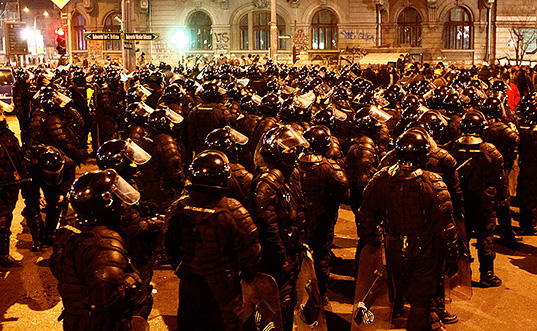
Along with other Romanian colleagues (sociologists, anthropologists, and media analysts) we have edited a book on the January 2012 protests – The Winter of Our Discontent: The Romanian Protests of January-February 2012. Some might claim that it is too early to conduct an in-depth analysis of the January 2012 events. We contend, however, that it is not too early for a public sociology approach to the recent Romanian protests. Against this backdrop, our volume aims to reach a wide audience by providing a sociological analysis of public issues and a platform for dialogue for those who witnessed and those who were involved in the recent protests. We have not made any effort to draw “general conclusions” from these events but, along the lines of Michael Burawoy’s public sociology, our goal has been to simply offer different viewpoints and opinions on the protests. Readers interested in this volume can consult the website at http://www.proteste2012.ro/en.html in English.
Cătălin Augustin Stoica and Vintilă Mihăilescu, National School for Political and Administrative Sciences (SNSPA), Bucharest, Romania

